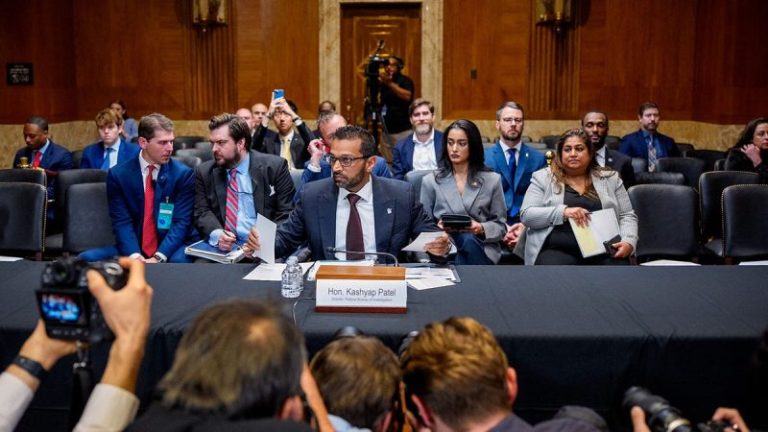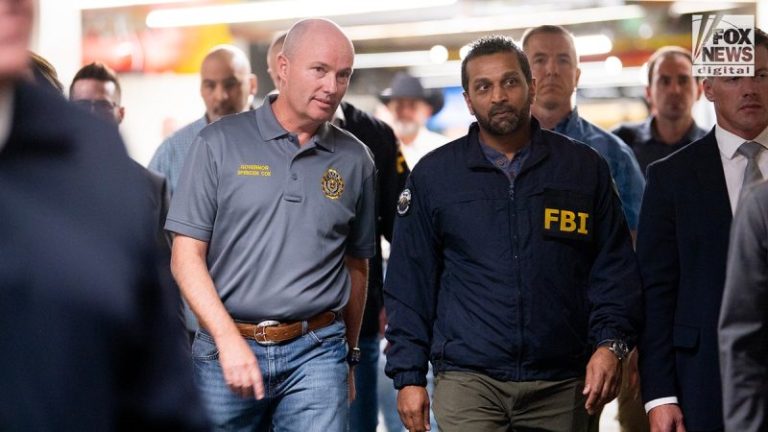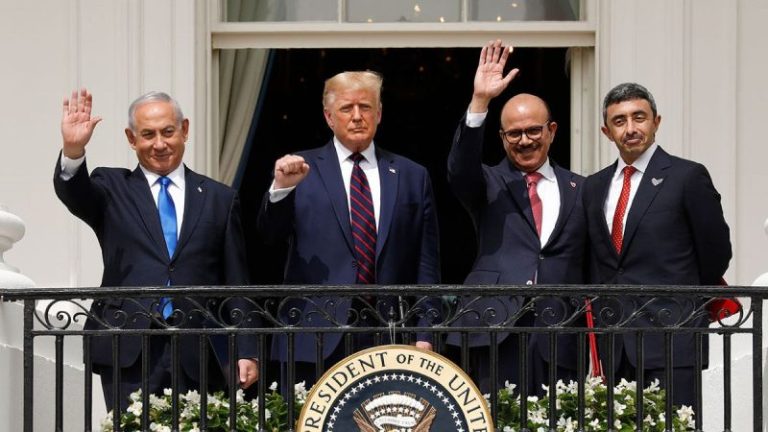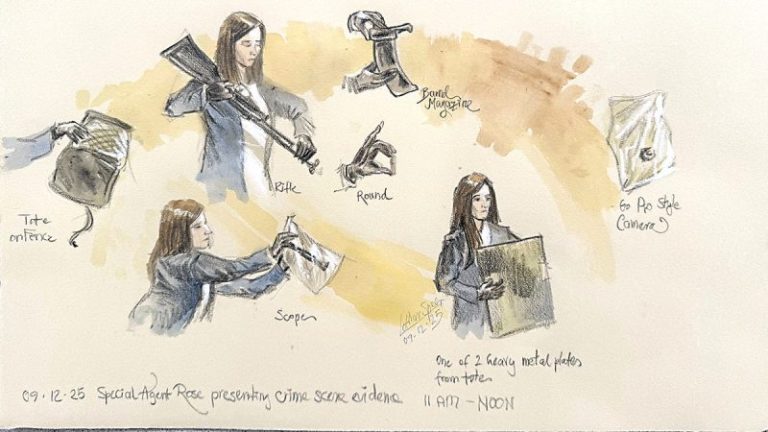As questions swirl about FBI Director Kash Patel’s leadership of the agency, particularly in the immediate hours after the assassination of Charlie Kirk, Senate Republicans appear ready to back him.
Patel is due before the Senate Judiciary Committee for an annual oversight hearing of the FBI on Tuesday morning, but the timing comes at a crucial moment for him as scrutiny mounts over a wave of firings at the agency and his handling of the investigation into Kirk’s alleged killer.
There is also a new face in FBI management — former Missouri Attorney General Andrew Bailey, who was sworn in on Monday in a power-sharing role with FBI Deputy Director Dan Bongino.
But Senate Republicans on the Judiciary Committee intend to look at Patel’s track record as a whole over the last nine months, and they signaled that they still have confidence in him.
Senate Judiciary Chair Chuck Grassley, R-Iowa, told Fox News Digital that he just planned to talk about oversight of the FBI during the hearing.
When asked if he felt there should be increased scrutiny of Patel, Grassley said, ‘Well, that’s why we have an oversight hearing, we do it once a year.’
The top Democrat on the panel, Sen. Dick Durbin, D-Ill., however, signaled that he would be going after Patel, particularly in the wake of a lawsuit from three former senior FBI officials last week, who alleged they were fired from the agency for political reasons, and Patel’s firing of former Salt Lake City FBI field office head Mehtab Syed.
Durbin said it was unclear what kind of impact Syed would have had on the investigation, but he noted her lengthy career and specialty in counterterrorism.
‘We do know that the person who pushed her out, Director Patel, quickly took to social media and falsely announced that the suspect was in custody,’ Durbin said on the Senate floor. ‘Remember that? Only to be forced to walk back those claims shortly after.’
Patel has again come under the microscope for a post he made on X in the hours after Kirk was killed where he wrote, ‘The subject for the horrific shooting today that took the life of Charlie Kirk is now in custody.’
However, that individual and another were caught and released before law enforcement nabbed 22-year-old Tyler Robinson, some 33 hours after the shooting.
Patel pushed back on criticism of his performance during an appearance on ‘Fox & Friends’ on Monday, where he argued that his post was made in a push for transparency.
‘I was being transparent with working with the public on our findings as I had them,’ he said. ‘Could I have worded it a little better in the heat of the moment? Sure. But do I regret putting it out? Absolutely not.’
Sen. Josh Hawley, R-Mo., a member of the committee, told Fox News Digital that there would be ‘a lot of things to learn’ during the hearing, but appeared to still back Patel as director.
‘You know, my view is, listen, he serves at the pleasure of the president,’ Hawley said. ‘If the president has confidence in him, then I think that, you know, that’s good enough for me.’
To Hawley’s point, President Donald Trump appears to still support his embattled FBI director.
‘I am very proud of the FBI,’ Trump said Saturday. ‘Kash — and everyone else — they have done a great job.’
And Sen. Thom Tillis, R-N.C., and a member of the panel, said that he was sure that ‘a lot of people are going to be looking at the shooting,’ but argued his focus was on the whole of Patel’s tenure at the FBI — one that he supported during his nomination and one he still supports now.
When asked about Patel’s performance during the investigation in Utah, Tillis contended, ‘Those things are fluid.’
‘I’ve seen a lot of armchair quarterbacks in my day, and I saw a lot of armchair quarterbacks, or Monday morning quarterbacks,’ Tillis said. ‘Could they have been tighter? People are demanding updates.’
‘I mean, if the only thing that they’re criticizing you for is talking about the potential suspects or persons of interest too soon, that’s kind of weak. Go after some more foundational things.’
Sen. Cory Booker, D-N.J., said that he believed it would be a ‘very important hearing tomorrow’ in light of Patel’s social media post and direction of the agency.
‘[It’s] something that even the lowest level comms director knows,’ Booker told Fox News Digital. ‘You don’t push out information that’s wrong in an investigation, you stick to the facts, and it’s very disappointing. I think, indicative of the kind of leader that he is.’
‘I’m also more concerned right now with how many of the FBI officials he’s fired for no cause. He’s politicized this department and weaponized the department in a partisan way that’s disappointing,’ he continued. ‘And then, finally, him actually undermining investigations that are ongoing that keep Americans safe is very troubling.’
This post appeared first on FOX NEWS










